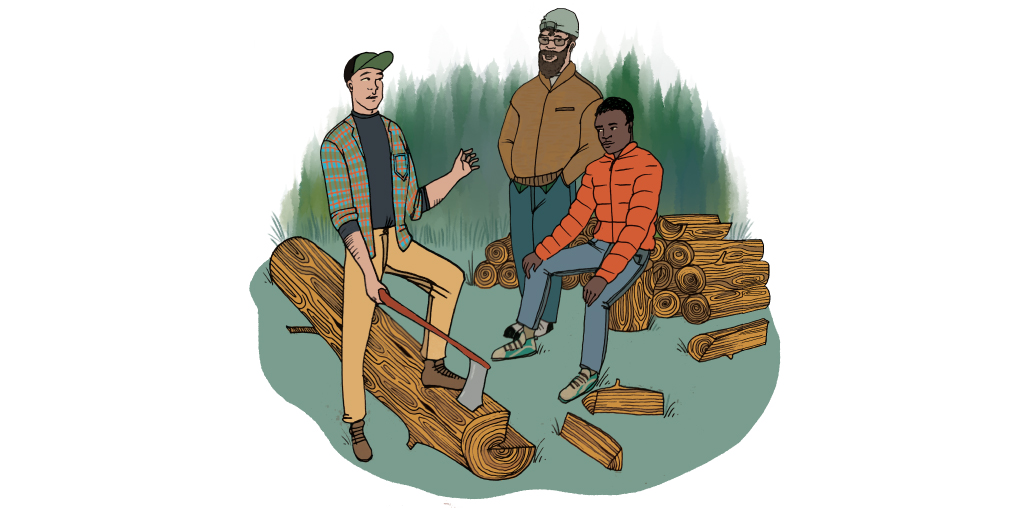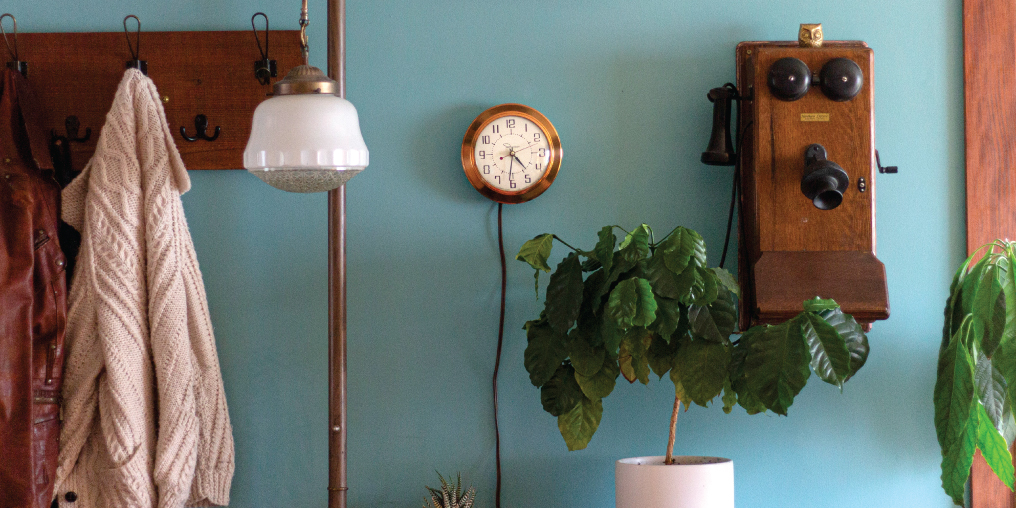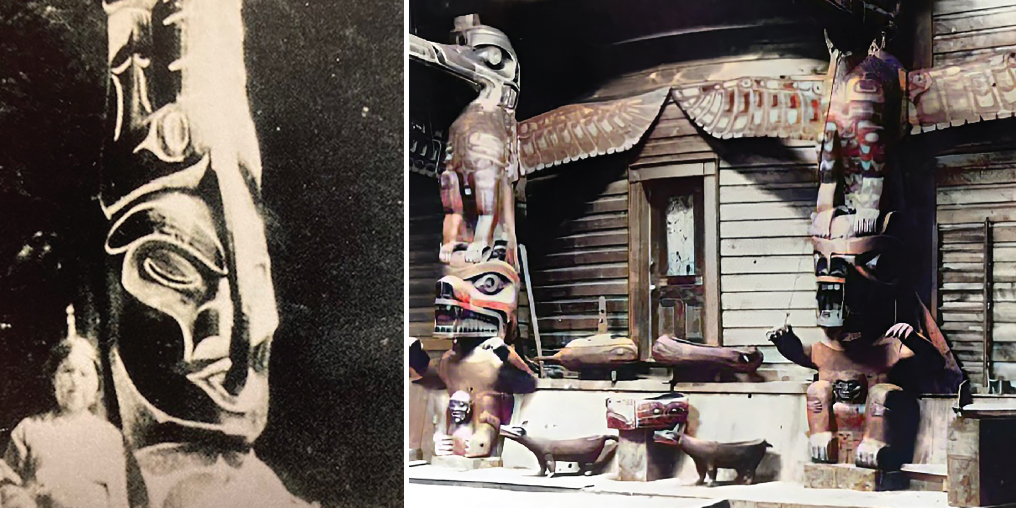Men’s broadly defined health issues—heart troubles, diabetes, liver disease—are deadly. So is depression. Many of us pride ourselves in leading and protecting. But our tendency to “suck it up” isolates us and hurts the very ones we think we’re protecting, the kids and partners we love.
WHO TO TURN TO?
A recent long-term US study on men and friendships shows we’re not doing so well in the getting-together-and-making-friends department. On average, a generation ago we each had two to three guys we trusted. Today’s man has, on average, less than one trusted man friend.
Getting together for beers, playing hockey or darts, or watching the game may be a good thing. But to get healthy—mentally, emotionally, and physically—we need a regular place to talk with other men.
Peer group support is one of the most effective ways to help ourselves and each other. A “men’s group” can be a regular group meeting with a facilitator or counsellor. It can be a weekly gathering at a tooled-up men’s shed to talk and work, side by side, on projects. Or it can be a group of friends who meet regularly to talk.
SHOULDER TO SHOULDER
I know of at least two Comox Valley men’s groups that started in the late 1980s. When David Stapley was raising a young family, going through the end of a long-term relationship, and dealing with the associated financial and other stresses, a friend suggested forming a men’s group.
“The other guys felt the need for personal support, too,” David notes. “I think all of us believed that getting together and sharing what we were going through was better than trying to deal with things alone.” The group met regularly for years. “We don’t meet formally now,” he says, “but I know that if I need anything, these guys are here for me.”
At about the same time, Doug Hillian was facing the challenges of marriage, parenting, and career. Those particular stresses have passed for Doug and the like-minded men with whom he formed a group. But they are still meeting, twice a month.
In addition to DIY groups like the ones David and Doug created, there’s a new generation of international men’s groups that offer a structure for local men to create their own chapters.
This new generation includes the ManKind Project (MKP), ARKA Brotherhood (formerly known as Samurai Brotherhood), and Sacred Sons. There’s also the Men’s Shed, whose groups offer the opportunity to work on projects together. It’s based on research showing it’s easier for many of us to be vulnerable when we speak and listen “shoulder to shoulder.” The Comox Valley Men’s Shed has been run out of a space in the Comox United Church since 2019.
Ryan Hughes is part of this next generation. He’s in his late 30s and a professional in the construction industry. Several years ago, Ryan joined the local MKP chapter. Among other things, it was about keeping his romantic relationship healthy. “I talk to my current partner about the stuff that’s coming up for me. But I don’t rely on her. It’s not healthy or realistic,” he says. “To lean too much on her, that would be a strain on her, and on us.”
MY EXPERIENCE: THE SHORT VERSION
It was a particularly dark time for me, and some aspects I’ve never shared. Like the time I sat in my car and allowed myself to get even darker with what’s now called “suicidal ideation.”
That only happened once. It was scary.
Did being in a men’s group save my life—and save my family from that pain? Maybe. What I know is that the counselling I’d been doing, the retreats I’d done, all of it was good and helpful. But it was the weekly commitment to showing up and getting real with a group of men that helped me through that dark time. That experience helped me to build a solid group of men friends, and they, in turn, have helped me (and still help me) do more than survive. They are a big reason why I enjoy my life today.
SUFFERING IN SILENCE
Unfortunately, men and boys have rarely been taught that feeling our vulnerability, and allowing other men to feel theirs, is a source of masculine strength. Instead, we’ve been told this is weak. But now, I believe, we’re in the midst of a rebranding of masculinity, and men’s groups are an important part of this phenomenon. “Warriors” are increasingly known to feel pain, and to suffer. We’re also learning that holding space for vulnerability—our own and that of other men—is one of our greatest strengths. It’s one of the riskiest and bravest things a man can do.





